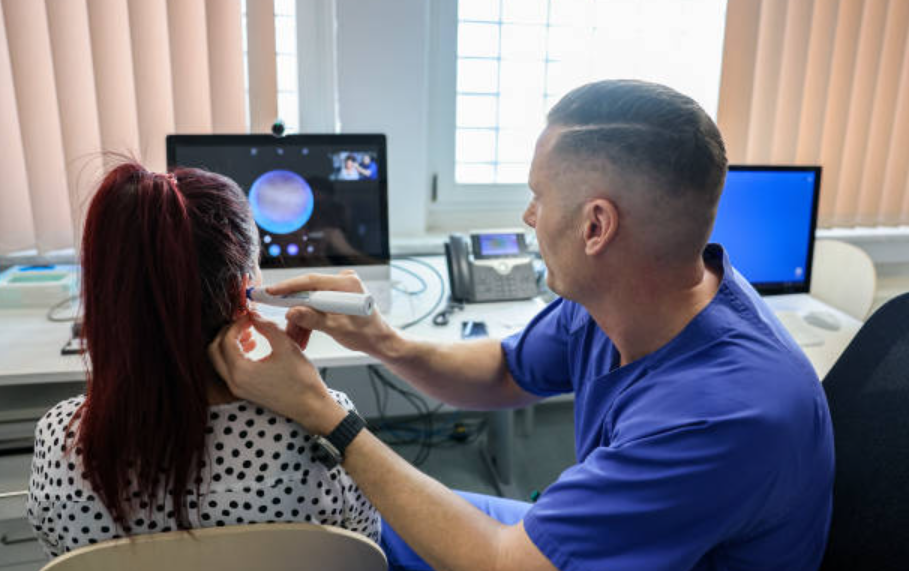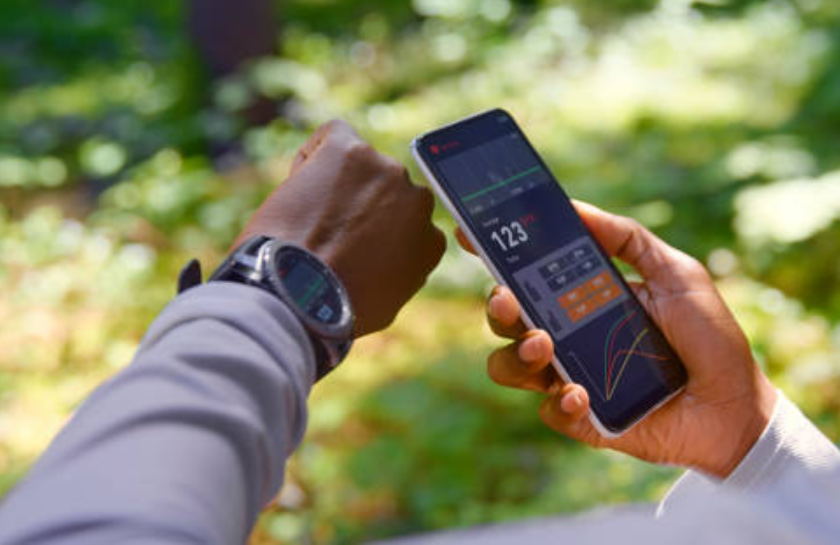Progress in healthcare has consistently propelled improvements in treatment methods and accessibility for an extended period.
With the dawn of the digital age, these innovations are rapidly evolving, reshaping the landscape of healthcare delivery worldwide.
Here are five groundbreaking innovations that are redefining treatment and access on a global scale.
Telemedicine

Telemedicine has emerged as a game-changer in healthcare delivery, especially in remote areas where access to healthcare services is limited. Through telemedicine platforms, patients can consult with healthcare providers remotely, receive diagnoses, and even access prescriptions without the need for in-person visits. This innovation not only improves access to care but also enhances efficiency by reducing unnecessary hospital visits and wait times.
Artificial Intelligence (AI) in Diagnostics
Advancements in artificial intelligence have revolutionized the field of diagnostics. AI-powered algorithms can analyze vast amounts of medical data with unmatched speed and accuracy, aiding healthcare professionals in early disease detection and personalized treatment plans. From interpreting medical images to analyzing patient records, AI is augmenting diagnostic capabilities and improving patient outcomes globally.
Wearable Health Technology

Wearable health technology, such as fitness trackers and smartwatches, is empowering individuals to take control of their health like never before. These devices monitor vital signs, track physical activity, and provide real-time health insights, allowing users to proactively manage their well-being. Moreover, wearable technology enables remote patient monitoring, keeping healthcare providers informed about their patients’ health status and facilitating timely interventions when necessary.
Precision Medicine
Precision medicine tailors medical treatments to individual characteristics, such as genetics, lifestyle, and environment. By leveraging advances in genomics and molecular biology, healthcare providers can develop personalized treatment strategies that are more effective and have fewer adverse effects. This approach is particularly promising in the treatment of complex diseases like cancer, where targeted therapies based on genetic mutations are yielding remarkable results.
Blockchain in Healthcare

Blockchain technology is revolutionizing healthcare by enhancing data security, interoperability, and transparency. By utilizing decentralized ledgers, blockchain ensures the integrity and confidentiality of patient health records while enabling seamless data sharing among healthcare providers. This innovation not only streamlines administrative processes but also facilitates research collaboration and improves the overall quality of care.
In conclusion, these five innovations represent the new frontiers of healthcare, transforming treatment paradigms and expanding access to care on a global scale.
As technology continues to advance, the possibilities for improving healthcare outcomes are limitless, promising a future where quality care is accessible to all, regardless of geographical location or socioeconomic status.

